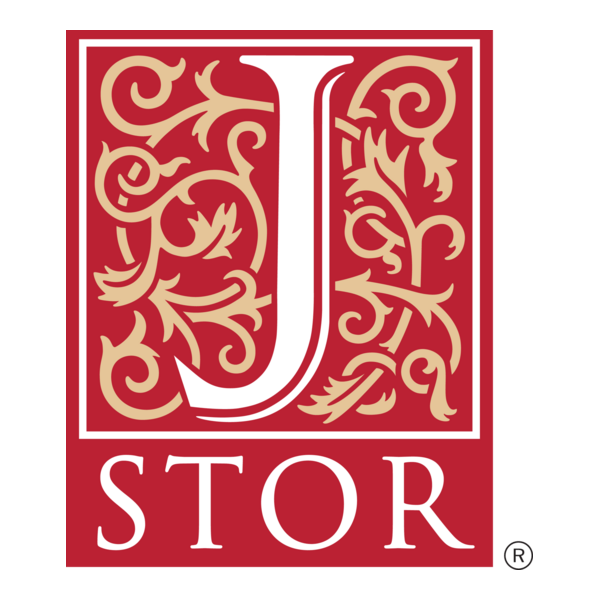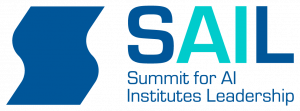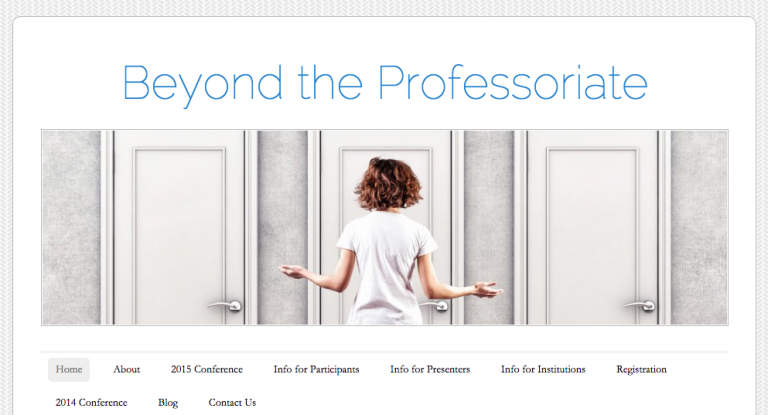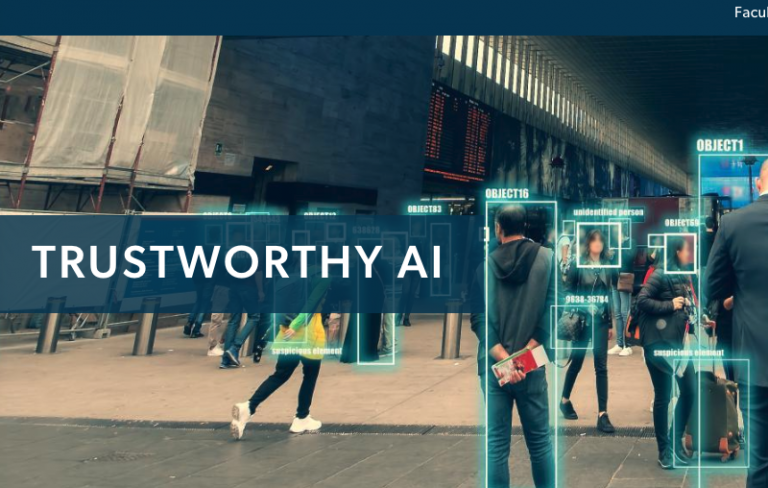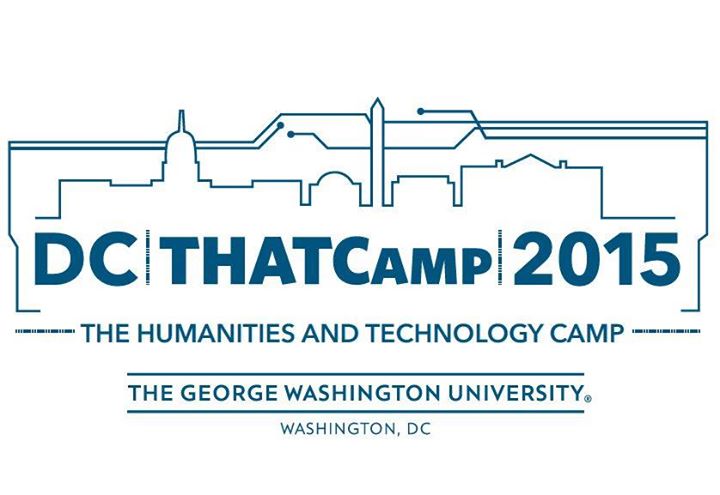AI Web Developer Position
Join the open access revolution!
Summer, 2025
Join George Washington University Digital Humanities Institute to scale up its current open-source and open-access AI platform for higher education. The infrastructure allows for creation of numerous high-functioning domain-specific chatbots. We are building open-access infrastructure, not just one AI.
The photo below, taken by Director Alexa Alice Joubin, illustrates the need to think outside the box to achieve innovative design.

Desirable Skills:
We seek to employ a generative AI and web development research assistant who is proficient in:
- Solid foundation in JavaScript, js, Express, MongoDB
- Experience with React as a transferrable skill
- Next.js – React-based framework for building full-stack web apps, with routing and API support
- TypeScript – A typed superset of JavaScript for safer and more scalable code
- Tailwind CSS – Utility-first CSS framework for fast and responsive UI design
- Supabase – Open-source Firebase alternative for database, auth, and storage
- Vercel – Hosting platform optimized for frontend frameworks like Next.js
- NextAuth.js – Authentication library built for Next.js
- Resend – Email service for sending transactional and marketing emails
- AWS Bedrock for open-source LLM inferences
- Full-stack web development, debugging, responsive design
- back-end web maintenance: PHP
- curation and formatting of proprietary dataset to train the AI
- installation of AI chatbots on websites via API integration
- beta-testing AI chatbots and flagging errors
- coding pages to load quickly
- search engine optimization (SEO)
Goals of Project
We aim to scale up our current AI platform and expand its functionalities to:
- Use both the embedding and retrieval augmented generation (RAG) methods to ground AI’s outputs in pre-defined, curated content including structure and unstructured data
- Make the platform LLM-agnostic by allowing instructors to choose from several LLMs to integrate
- Draw on AWS Bedrock for multimodal processing capabilities
- Expand the instructor dashboard to accommodate more instructors beyond GW
- Enable users to download their own chats (in the current version they can copy and paste their chats)
- Build a mechanism to anonymize usage pattern data to examine the development of trustworthy behaviors
- Enable instructors to create chatbots with unique URLs on our system for direct student access without having to deploy the chatbots on external websites
- Co-author tutorials, terms and conditions, and a white paper
- Share pre-trained weights and codebase on GitHub
Desirable qualities:
- attention to detail
- strong communication skills
- creativity in problem solving
- time management skills
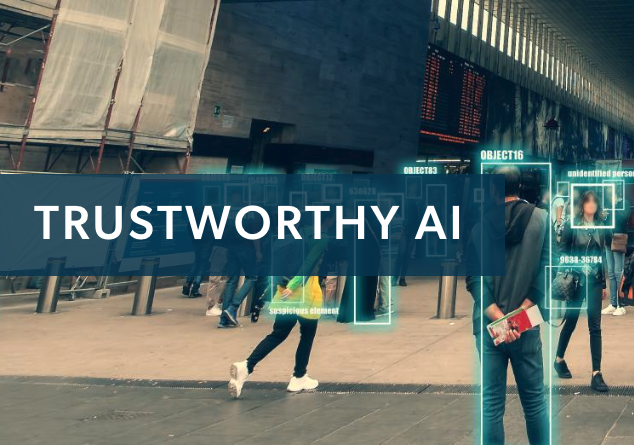
The research assistant will be paid and can also earn internship credit. Time commitment: Approximately 160 hours over 12 weeks.
The research assistant should be a quick learner and have a solid foundation in JavaScript and React. The assistant will work with the senior programmer advisor who built the current prototype on knowledge transfer.
This is an on-campus job for current GW students. It is a remote work position. This is for summer 2025. There is a possibility of extending it into Fall 2025. Our funding is restricted to supporting current students.
Current Status of the Project:
Currently, the Institute has deployed AI prototypes on two open-access web-based textbooks at https://criticaltheory.info/ and https://screenshakespeare.org/ The sites are built on PHP which renders to HTML server-side. The AI operates in 58 languages.
This project will examine linguistic edge cases to assess the efficacy of various generative AI models within an ethical framework. For instance, Claude 3 models have outperformed OpenAI’s GPT-4 in some quantitative benchmarks, but natural language outputs have to be evaluated qualitatively. This is the challenge.
What does this platform do?
- Enabling each instructor to build their own domain- and mission-specific AI
- Fully open source and open access
- Giving everyone full access to the backend with full customization options
- Operating in 58 languages
- Adapting responses to users’ specific needs
- Revealing its reasoning processes
- Framing outputs as critical questions
- Deploying easily on any web interface
- Public interest technology
The open-source, open-access AI on this site has been featured in:
How to Apply
To apply, please email a cover letter and resume to Professor Alexa Alice Joubin who directs the Digital Humanities Institute, ajoubin@gwu.edu
About the Project Lead
As the inaugural Public Interest Technology Scholar, Professor Joubin is an advocate for open education resources (OER) and deploying trustworthy artificial intelligence in higher education. She is a faculty affiliate at the National Science Foundation’s Institute for Trustworthy AI in Law & Society (TRAILS) and a faculty of the GW Trustworthy AI Initiative (TAI).

